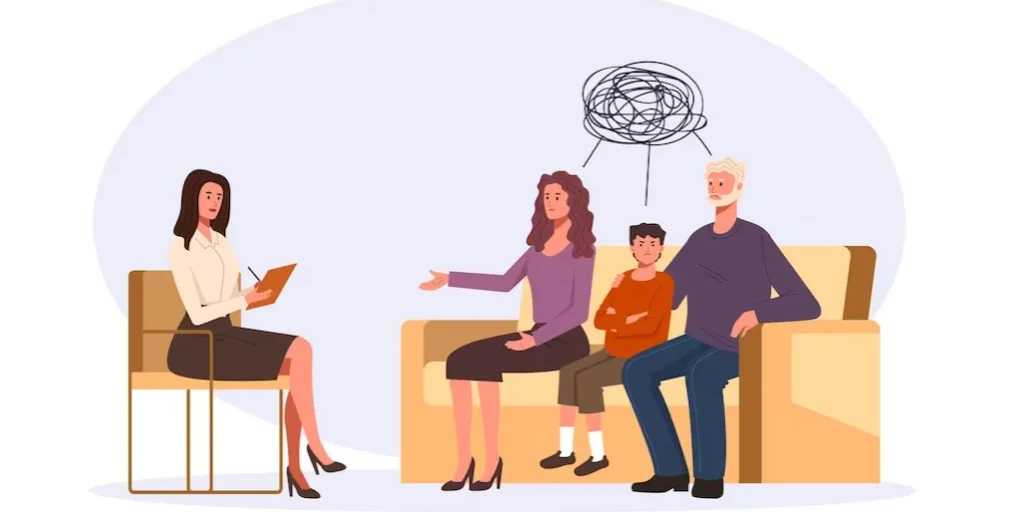24/7 Helpline:
(866) 899-221924/7 Helpline:
(866) 899-2219
Learn more about PTSD Treatment centers in Loon Lake
PTSD Treatment in Other Cities

Other Insurance Options

AllWell

Covered California

CareSource

Aetna

Carleon

Anthem

GEHA

Health Choice

Premera

UnitedHealth Group

Ambetter

Cigna

Medical Mutual of Ohio

PHCS Network

Kaiser Permanente

Group Health Incorporated

Sutter

MVP Healthcare

Access to Recovery (ATR) Voucher

Oxford







NorthEast Washington Alliance Counseling Services
NorthEast Washington Alliance Counseling Services - Hawthorne Avenue is a diagnostic and treatment c...

























































































































































































































Crisis Intervention Counseling
Crisis Intervention Counseling is a private rehab located in Colville, Washington. Crisis Interventi...

AA – Alcoholics Anonymous
AA – Alcoholics Anonymous is a non-profit rehab located in Colville, Washington. AA – Alcoholics Ano...

Spokane Tribe Behavior Health Agency
Spokane Tribe Behavior Health Agency is a public rehab located in Wellpinit, Washington. Spokane Tri...

Northeast Washington Counseling Service
Northeast Washington Counseling Service is a public rehab located in Chewelah, Washington. Northeast...





























































